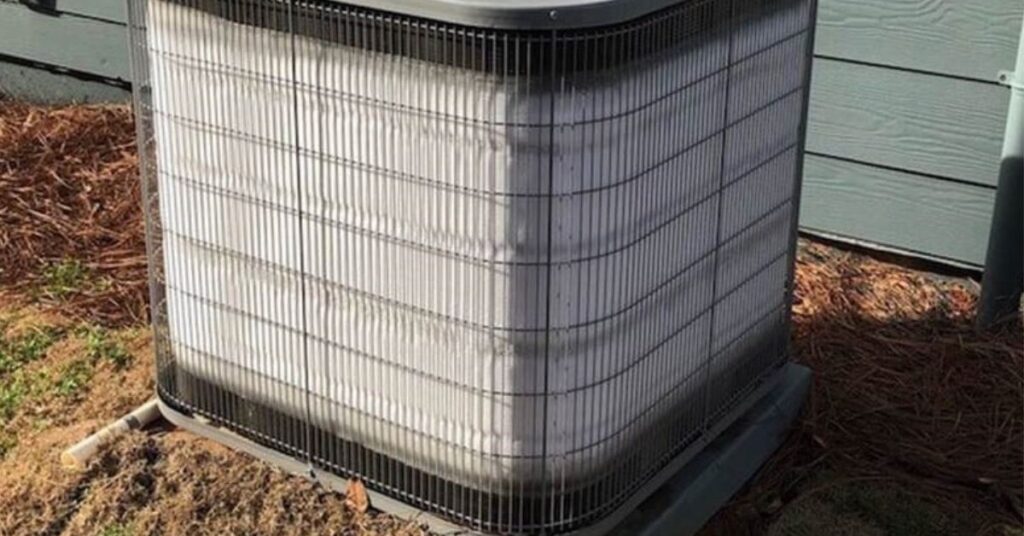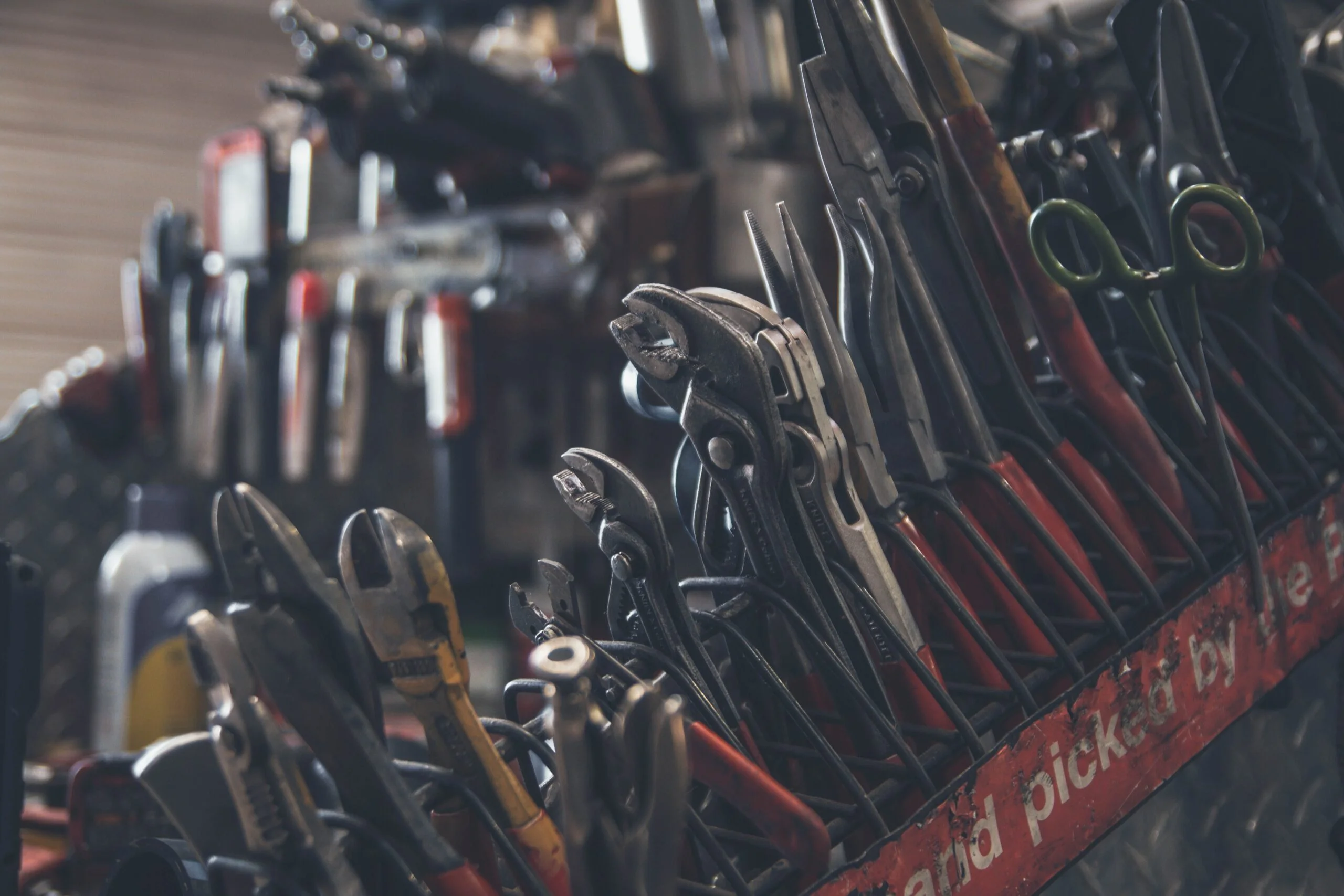When the temperature drops, one common issue homeowners face is a frozen HVAC system. This problem can lead to decreased efficiency, increased energy bills, and even complete system failure if not addressed promptly. In this guide, we’ll explore why HVAC systems freeze and how to keep HVAC from freezing, ensuring your home stays warm and comfortable all winter long. Let’s get started.
Why HVAC Systems Freeze
Before diving into prevention tips, it’s essential to understand why HVAC systems freeze. The main culprits are typically:
- Low Refrigerant Levels: When the refrigerant level is low, the pressure in the evaporator coil drops, causing it to freeze.
- Restricted Airflow: Blocked or restricted airflow over the evaporator coil can lead to freezing. Common causes include dirty air filters, closed or blocked vents, and ductwork issues.
- Mechanical Failures: Malfunctions in the HVAC components, such as a faulty blower fan, can also result in freezing.
How to Keep HVAC from Freezing
Preventing your HVAC system from freezing is essential to ensure it operates efficiently and effectively throughout the colder months. Here are some practical steps you can take:
1. Schedule Regular Maintenance
Regular maintenance by a professional technician is crucial. Have your HVAC system inspected and serviced at least twice a year—before the heating and cooling seasons. This ensures all components are functioning correctly and can help prevent potential freezing issues.
2. Replace Air Filters Regularly
Dirty or clogged air filters can restrict airflow, causing the evaporator coil to freeze. To avoid this, replace your air filters every 1-3 months, depending on your usage and the type of filter you use. Clean filters ensure proper airflow and system efficiency.
3. Keep Vents and Registers Clear
Ensure that all vents and registers in your home are open and free from obstructions. Blocked vents can disrupt airflow, leading to freezing problems. Regularly check that furniture, curtains, and other objects are not blocking the airflow.
4. Inspect and Seal Ductwork
Leaky or poorly insulated ductwork can cause uneven airflow and temperature imbalances, leading to freezing. Inspect your ductwork for leaks and seal any gaps with duct tape or mastic sealant. Insulating your ducts can also improve efficiency and prevent freezing.
5. Monitor Refrigerant Levels
Low refrigerant levels are a common cause of HVAC freezing. If your system isn’t cooling effectively or you hear unusual hissing noises, you might have a refrigerant leak. Contact a professional technician to inspect and recharge the refrigerant if necessary.
6. Maintain Proper Thermostat Settings
Setting your thermostat too low can cause your HVAC system to overwork, which can lead to freezing. During winter, keep your thermostat set between 68-72°F. Avoid sudden temperature changes, as they can strain your system.
7. Keep the Outdoor Unit Clear
The outdoor unit needs proper airflow to function efficiently. Ensure the area around the outdoor unit is free from debris, snow, and ice. Trim nearby shrubs or plants to maintain adequate airflow.
8. Install a Freeze Sensor
A freeze sensor monitors the temperature of the evaporator coil and shuts off the system if freezing conditions are detected. Installing a freeze sensor can prevent damage and costly repairs by stopping the system before it freezes.
9. Check for Airflow Obstructions
Regularly check for any airflow obstructions within the system. This includes inspecting the blower fan and evaporator coil for any signs of dirt or blockages. Clean these components as necessary to maintain proper airflow.
Read More: Why Is My HVAC So Loud?
Conclusion
Keeping your HVAC system from freezing involves regular maintenance, monitoring airflow, and ensuring proper refrigerant levels. By following the tips outlined in this guide, you can prevent freezing issues, extend the life of your HVAC system, and maintain a comfortable home environment.
Remember, if you’re ever in doubt or encounter persistent issues, it’s always best to consult with a professional HVAC technician. Proper care and maintenance will save you time, money, and stress in the long run.


